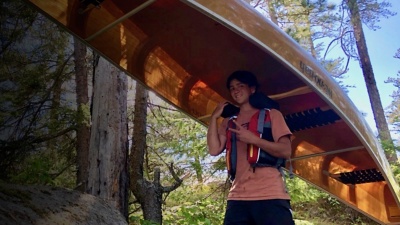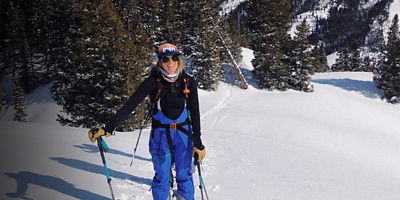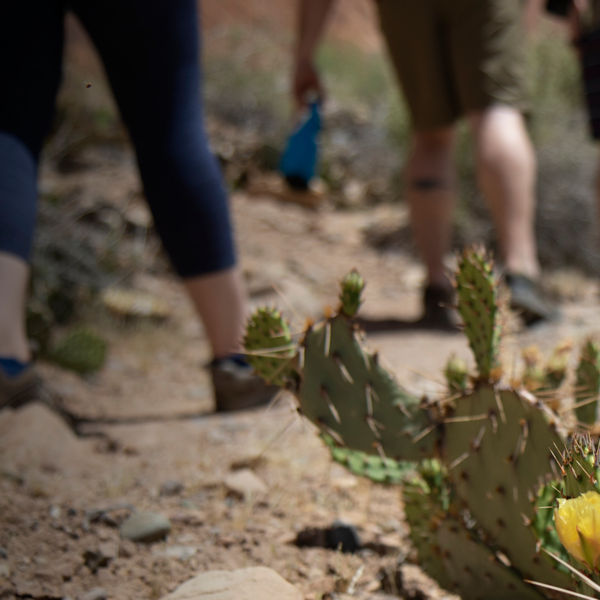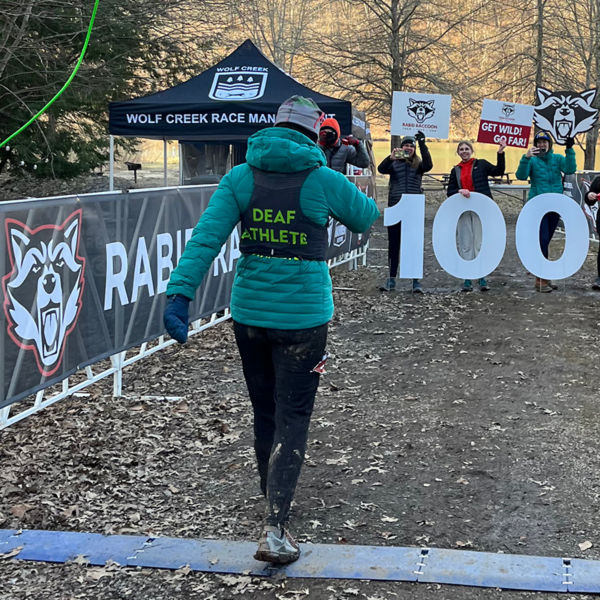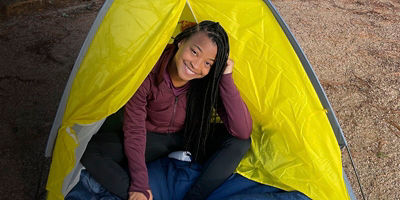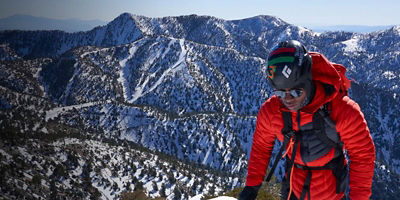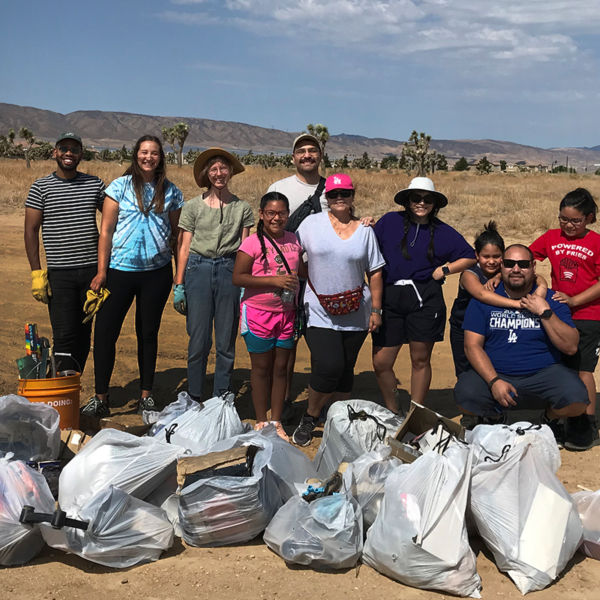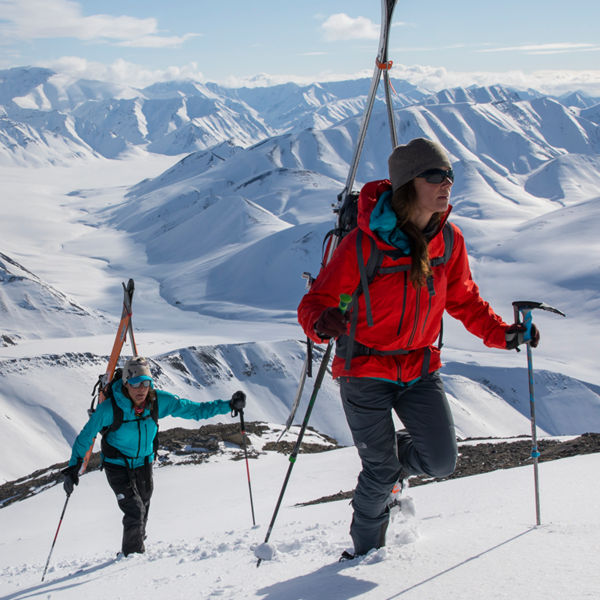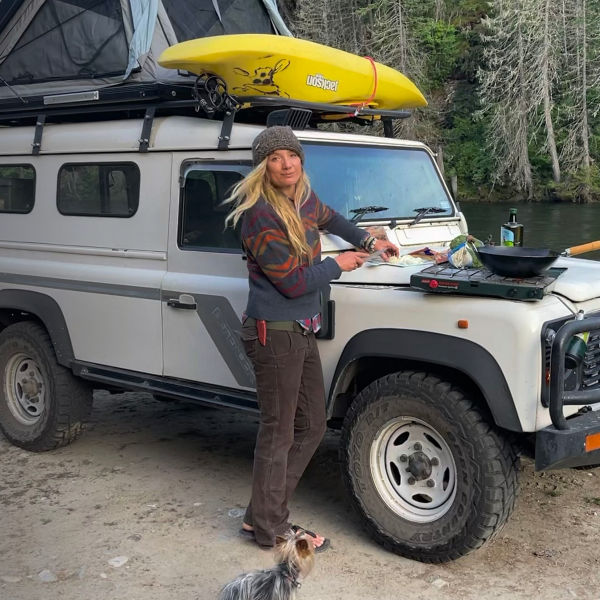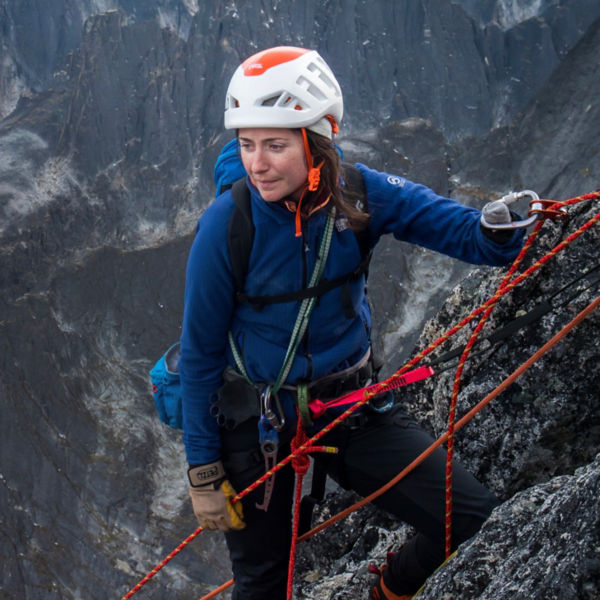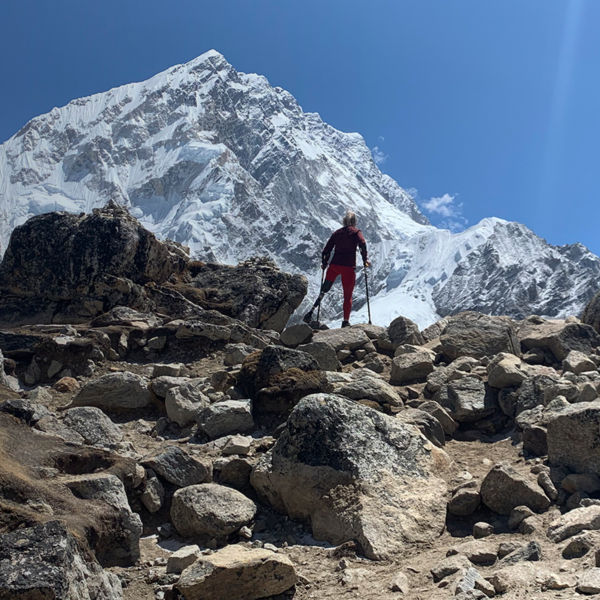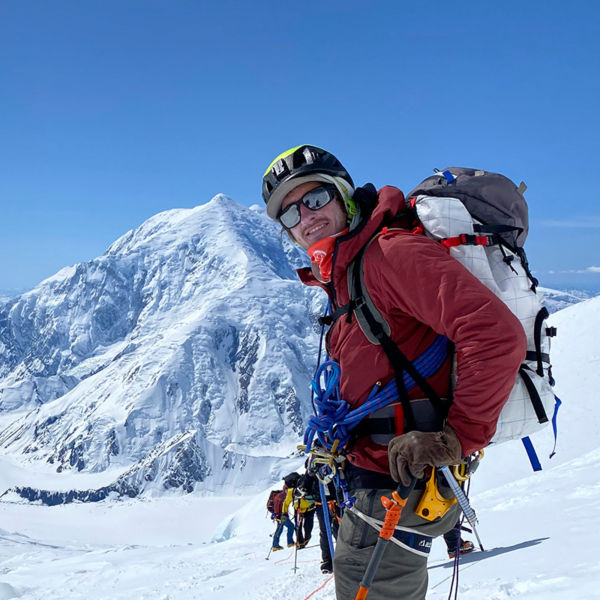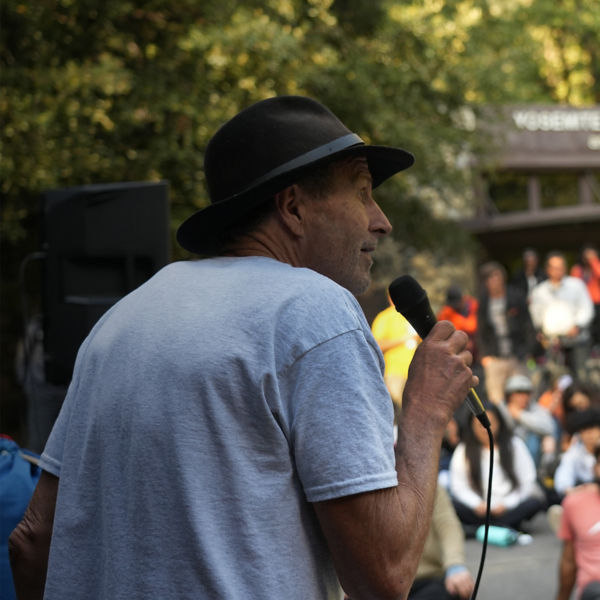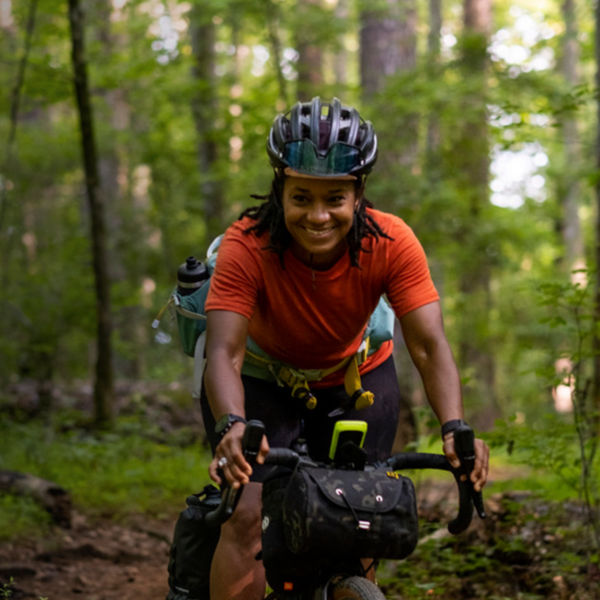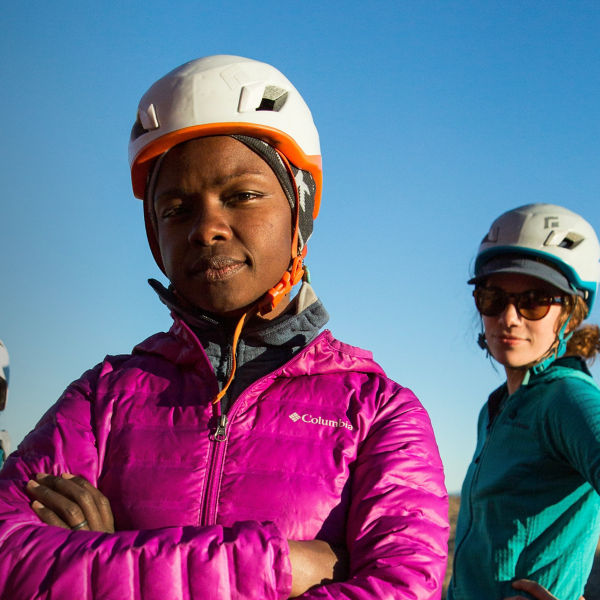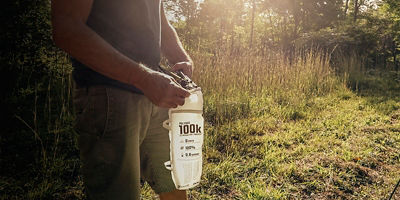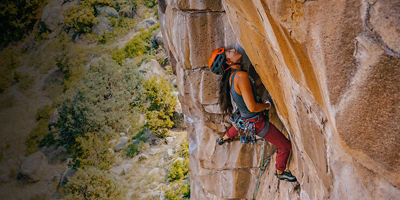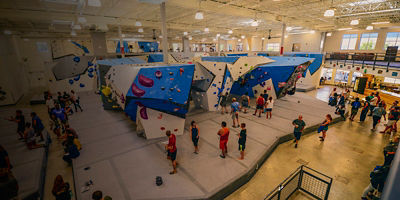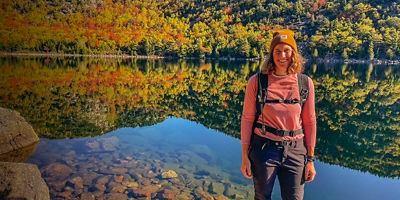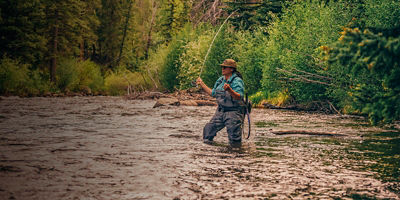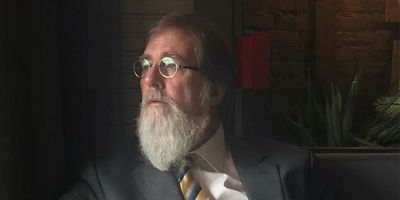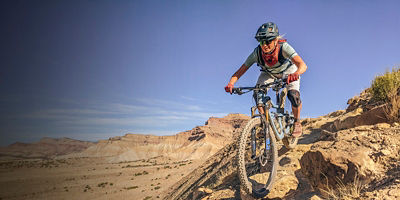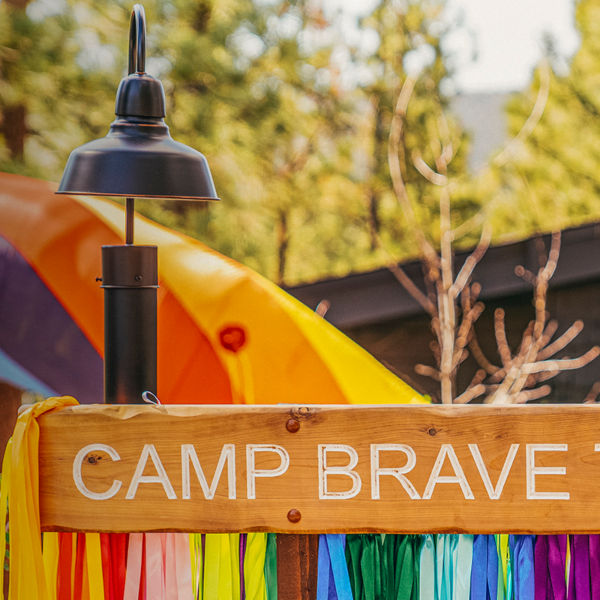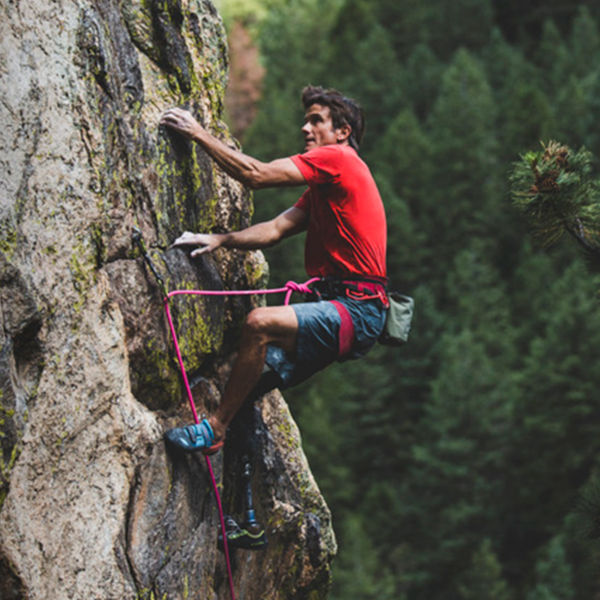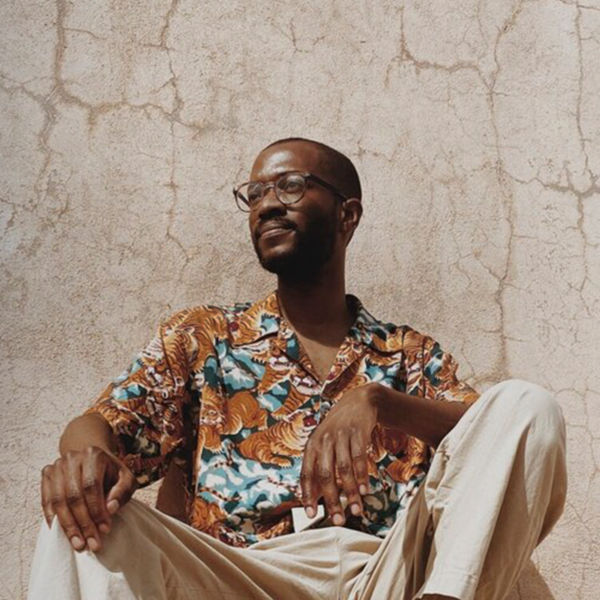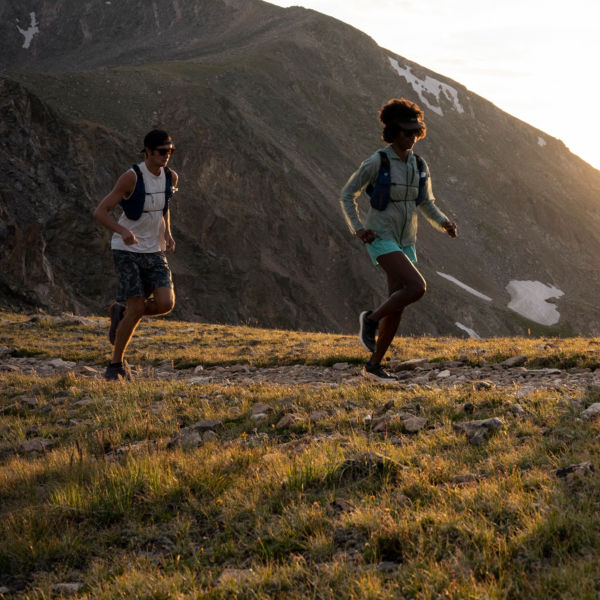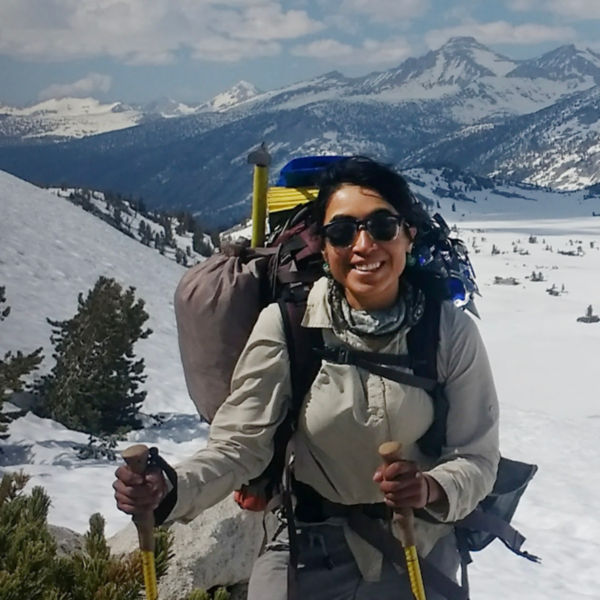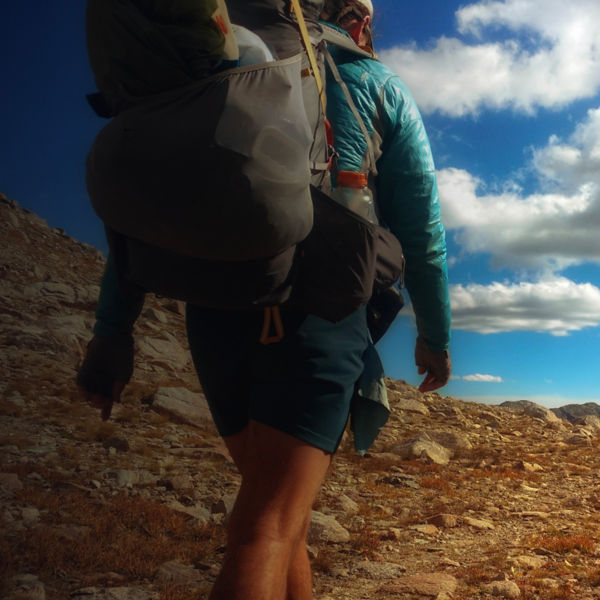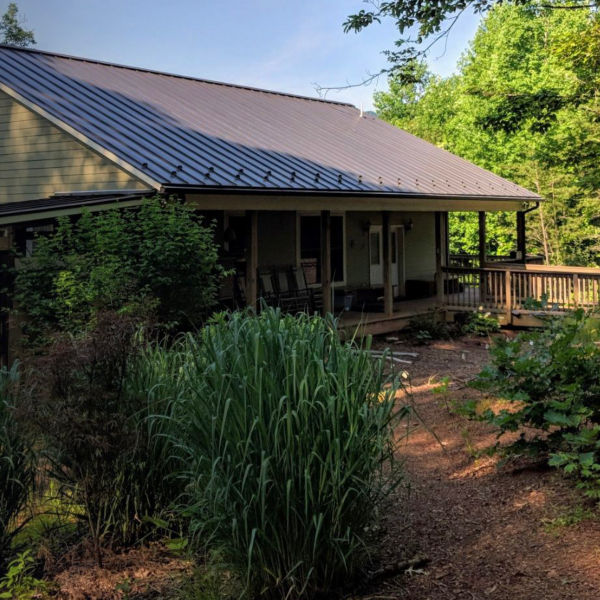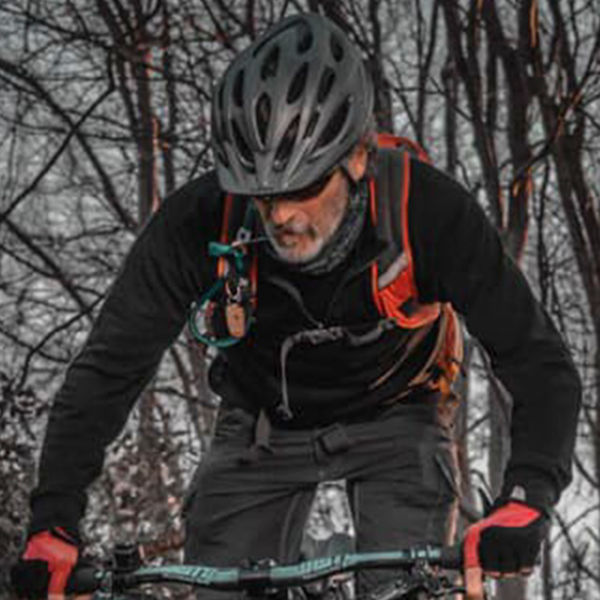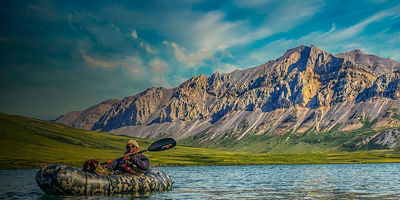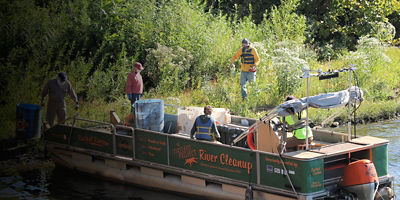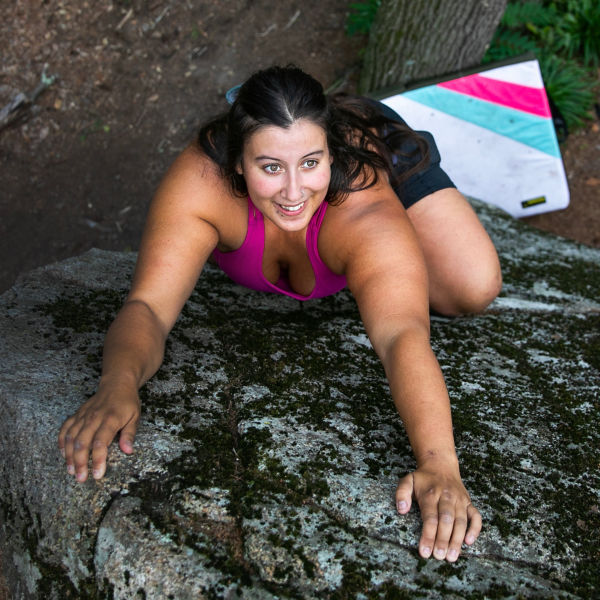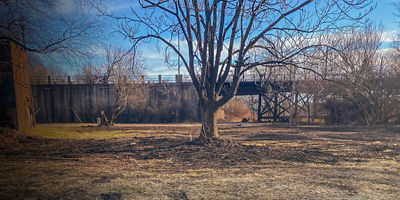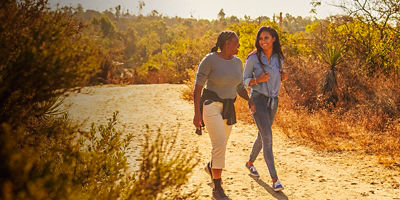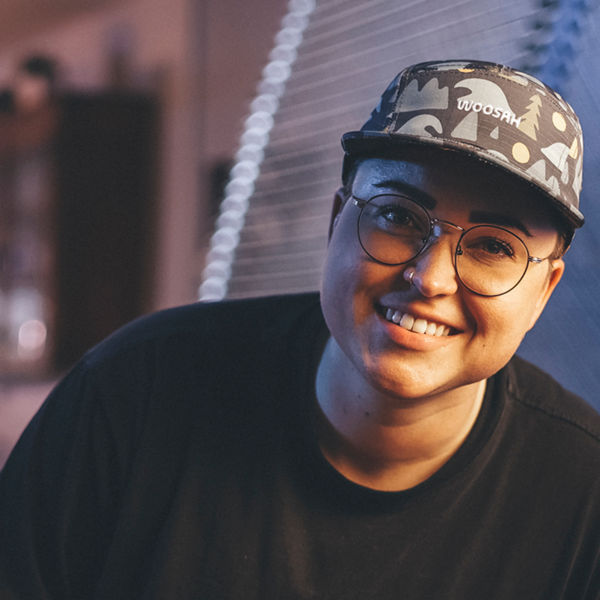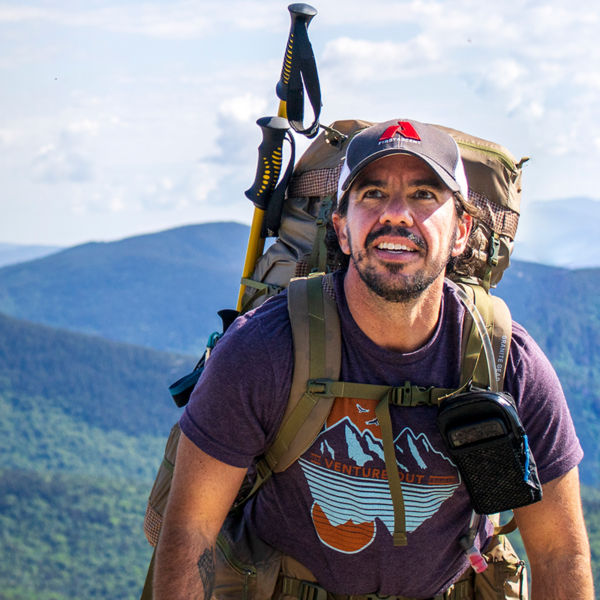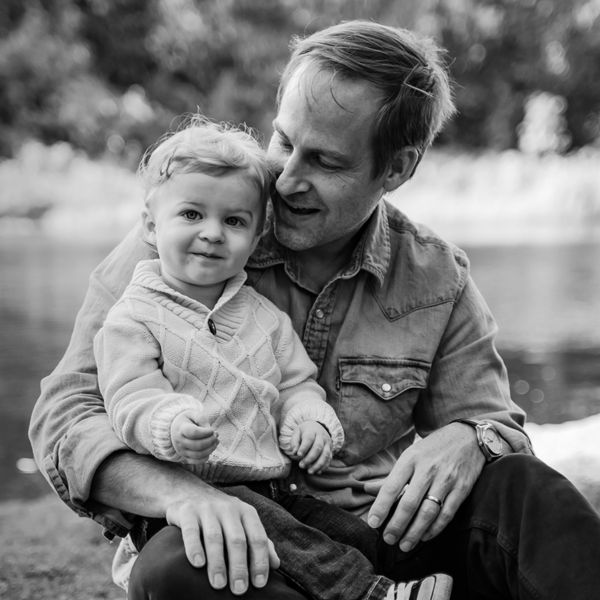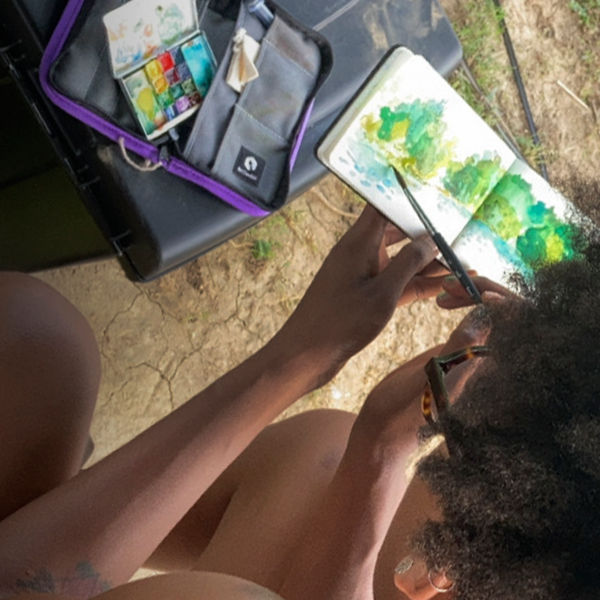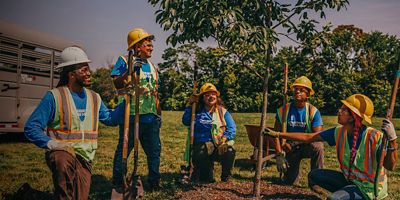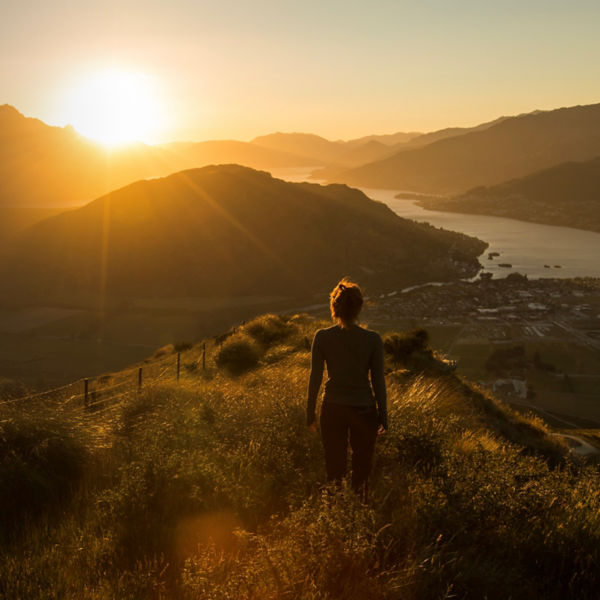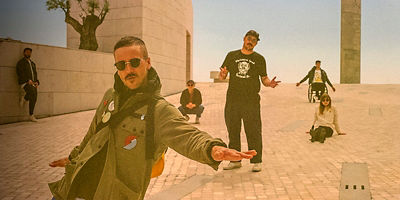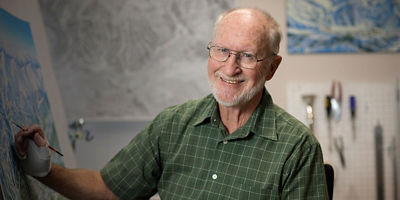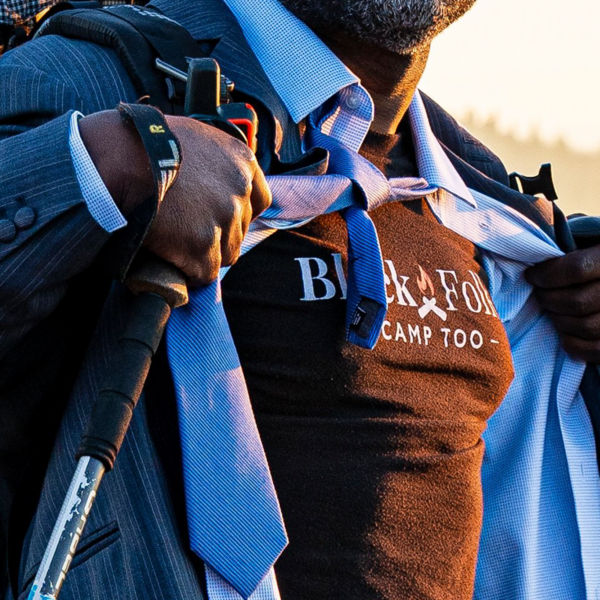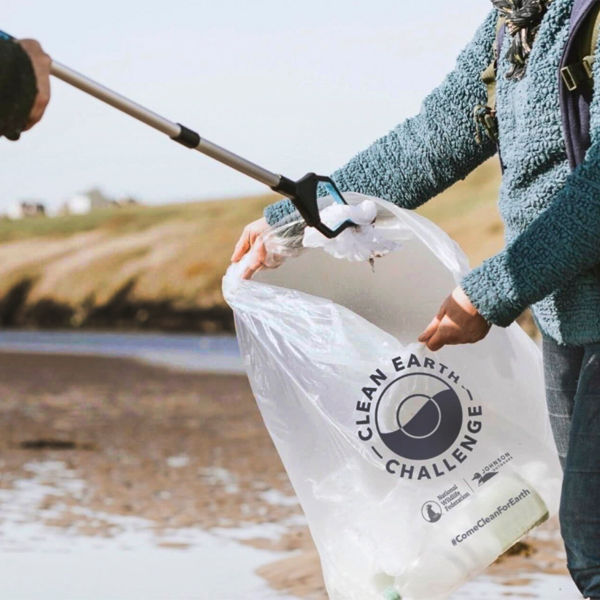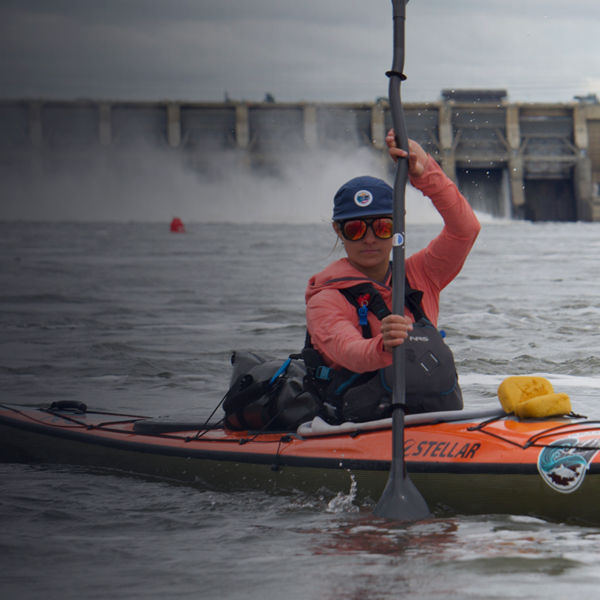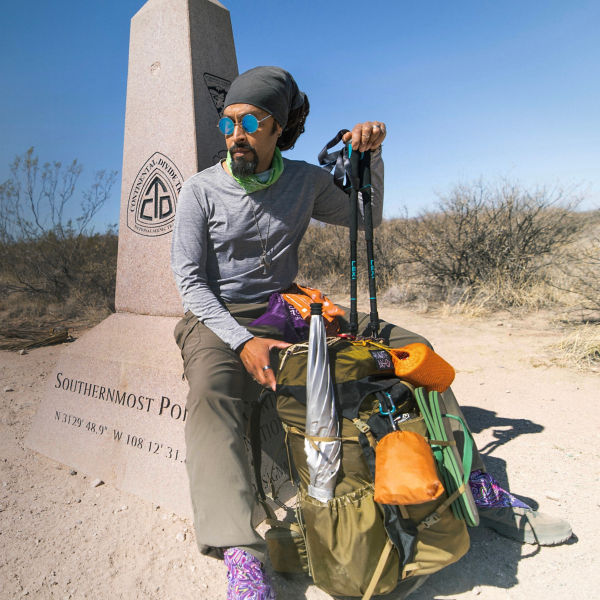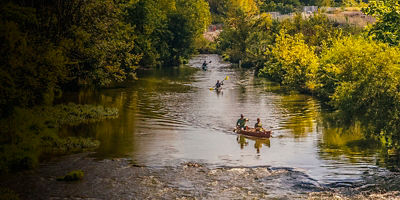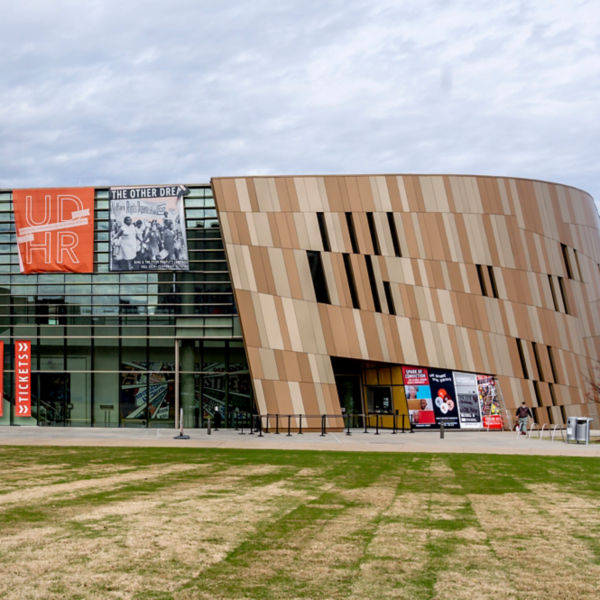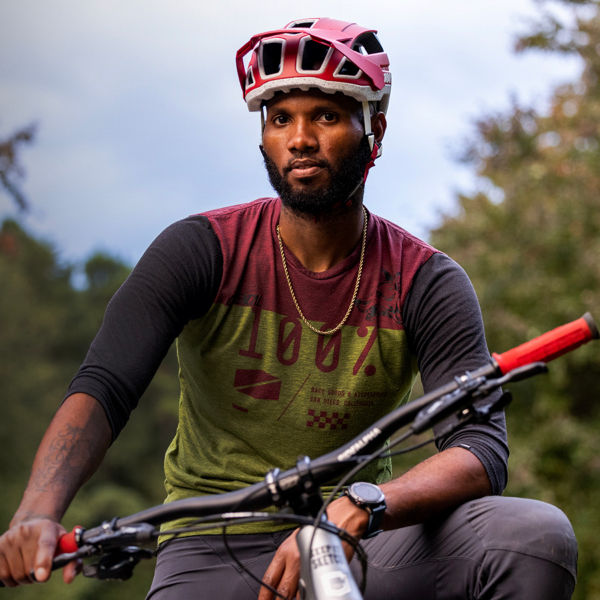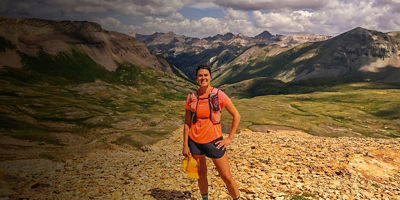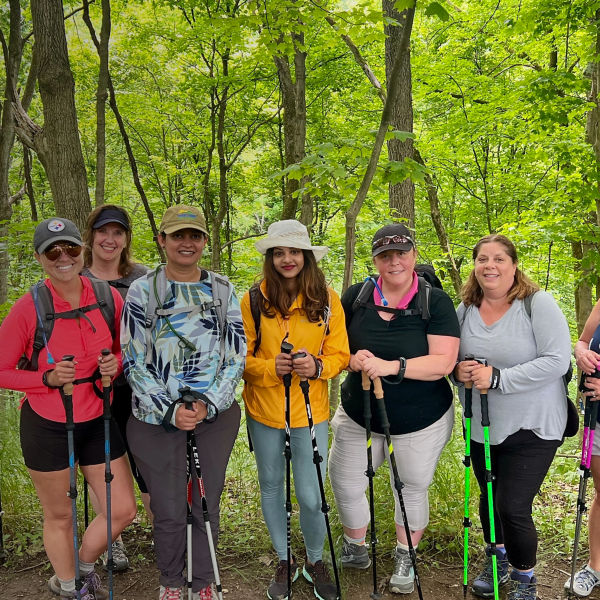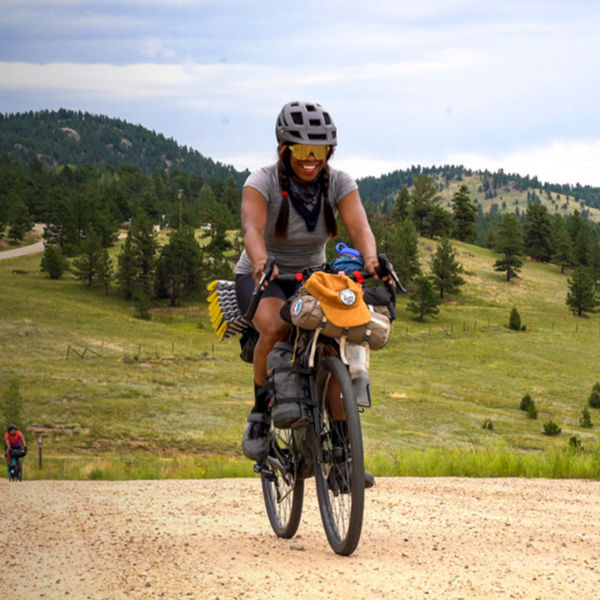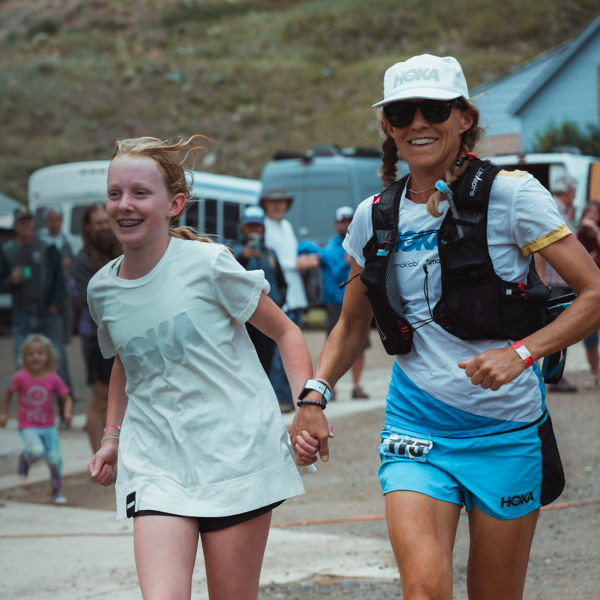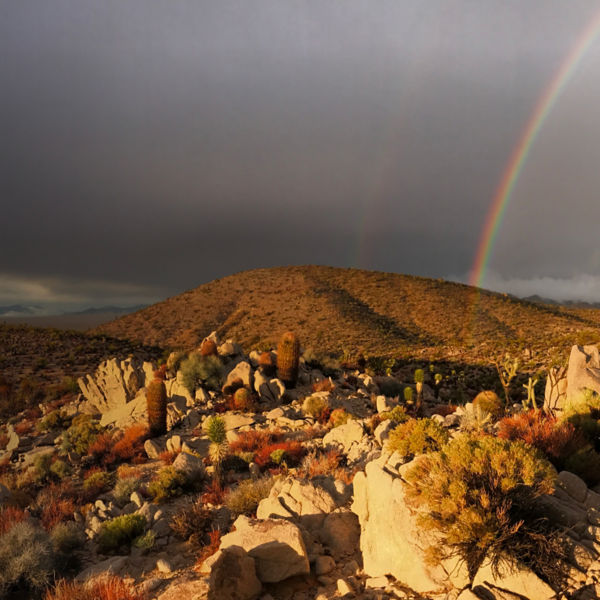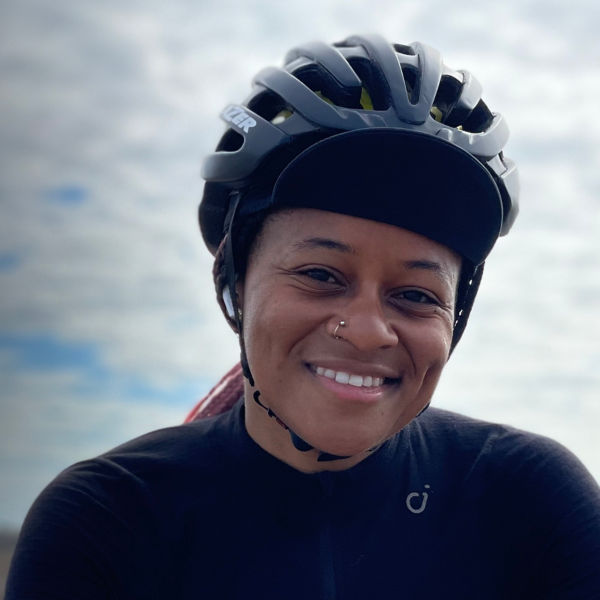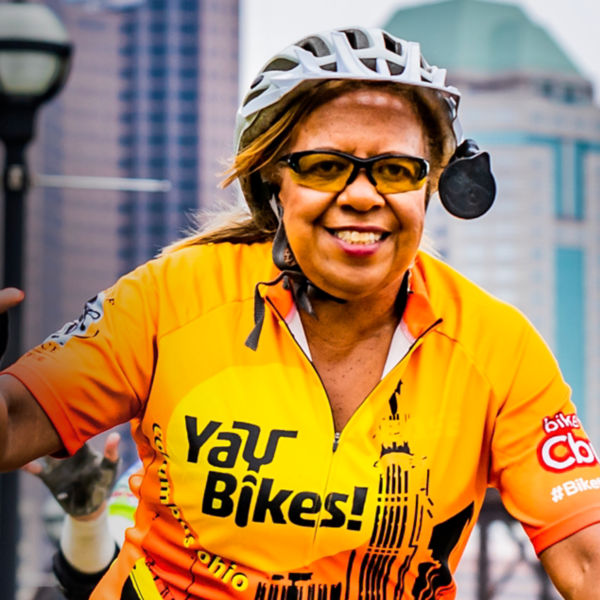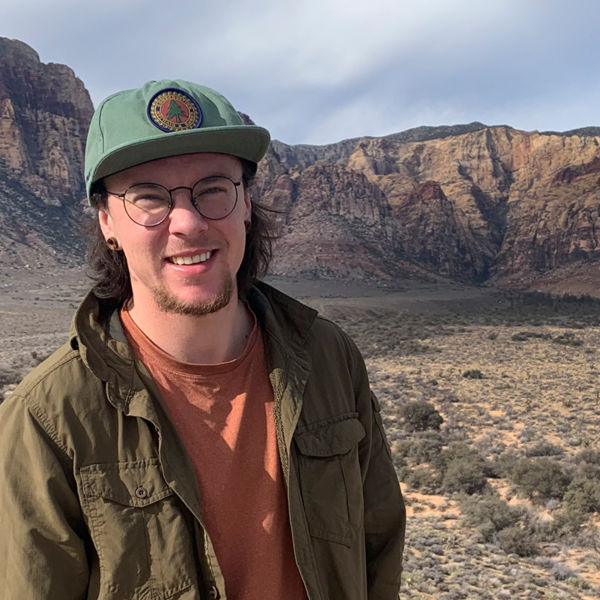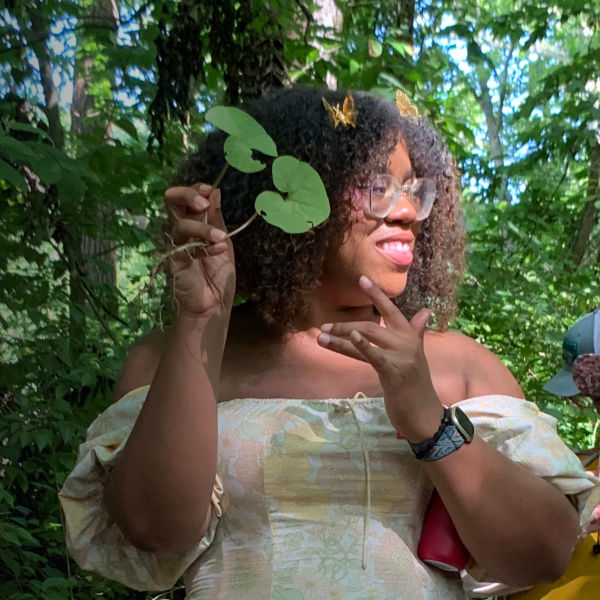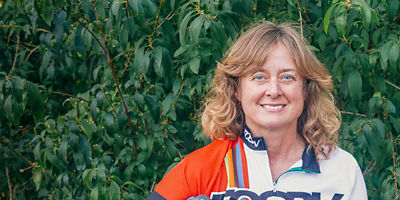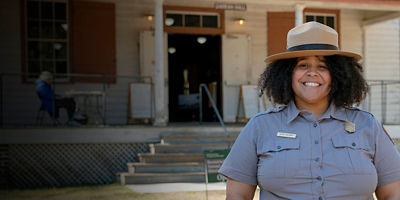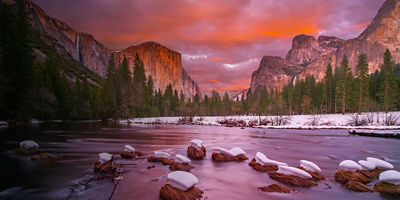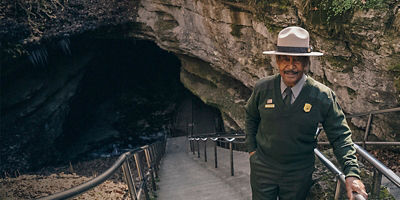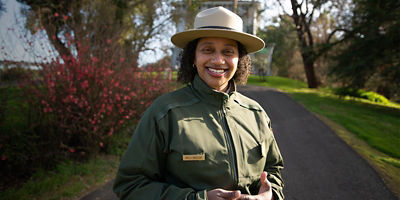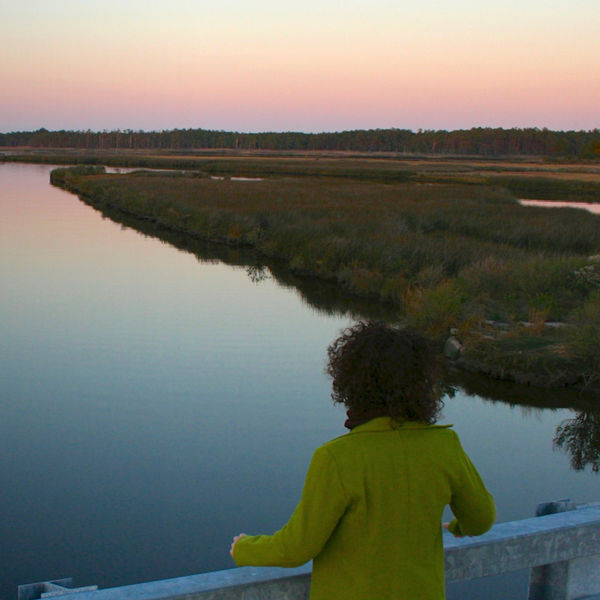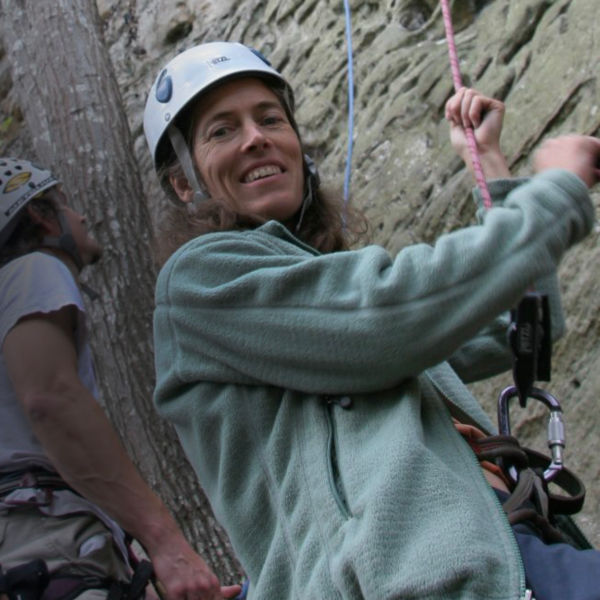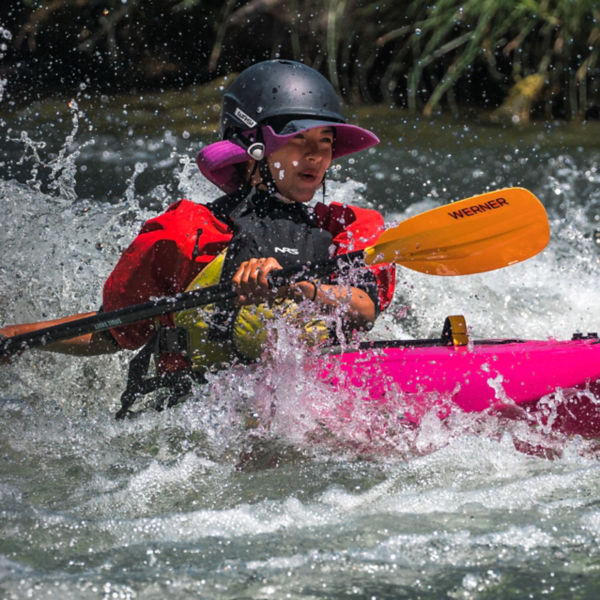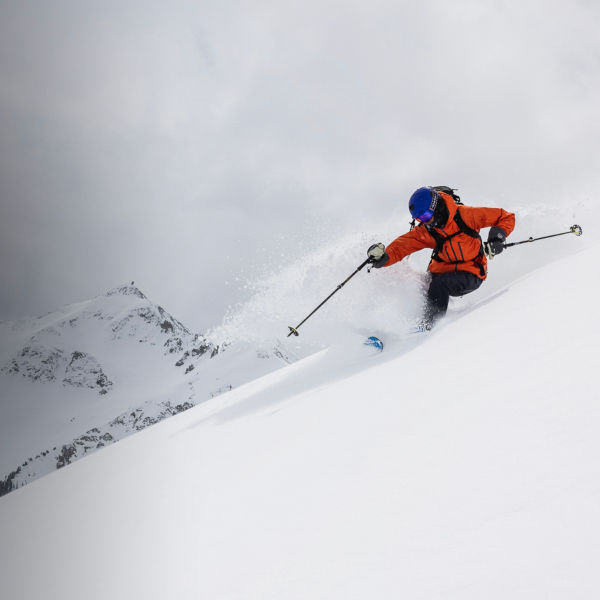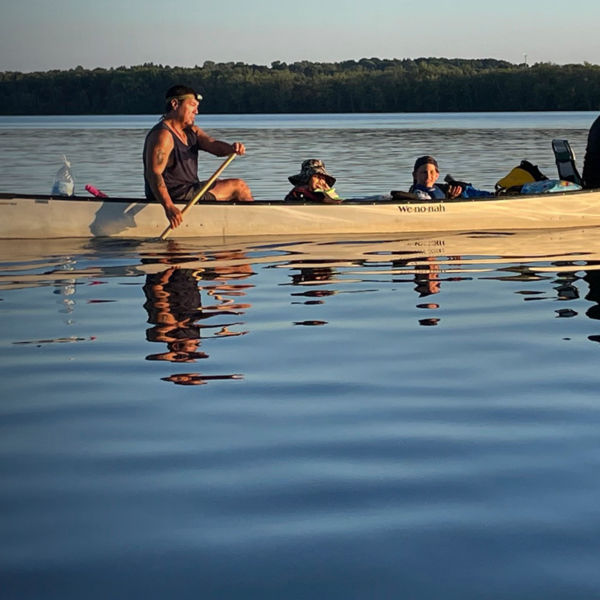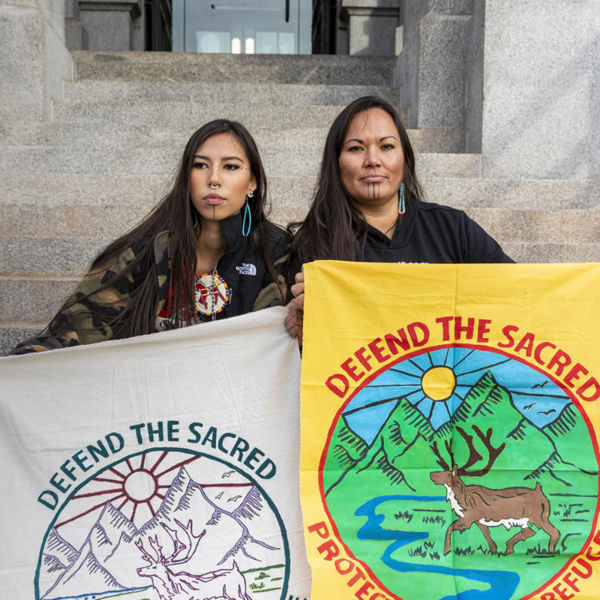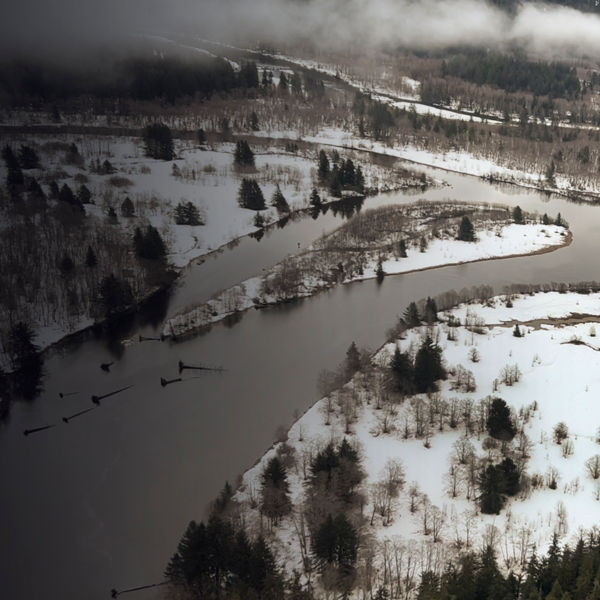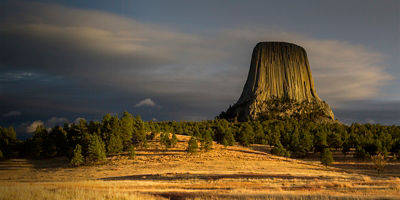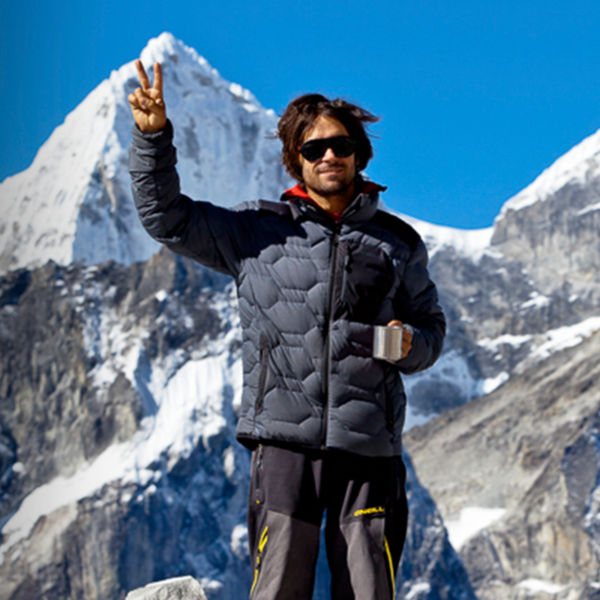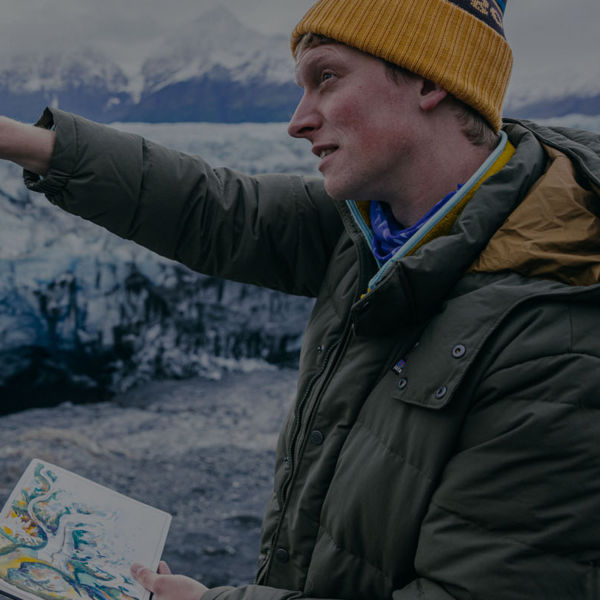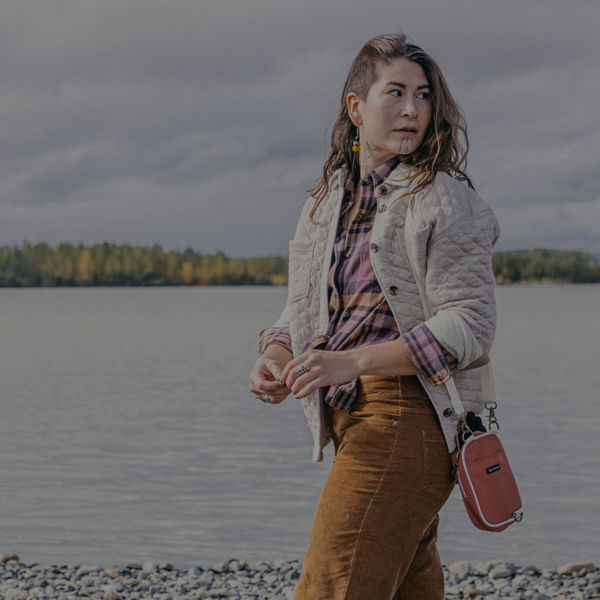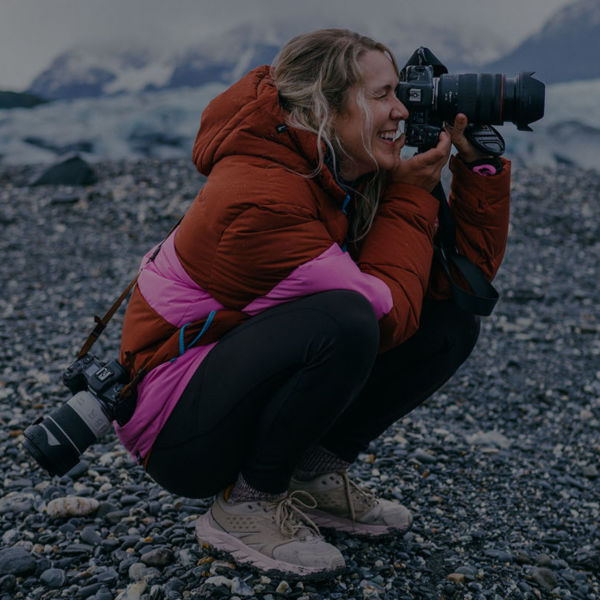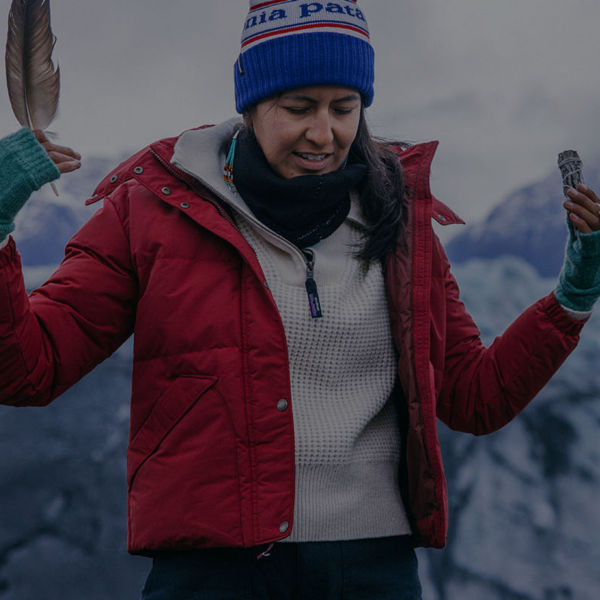
The Boundary Waters Canoe Area Wilderness (BWCAW), America’s most visited wilderness, has a new champion. No, it’s not the Nature Conservancy or Sierra Club. It’s 19-year-old Joseph Goldstein, whose Kids for the Boundary Waters advocacy group is raising a generation of young wilderness warriors defending the region’s pristine waters, forest and wildlife against sulfide-ore copper mines.
The BWCAW contains 1.1 million acres of pristine water and woodlands, and, with the Superior National Forest, contains 20 percent of all freshwater in the entire National Forest System. But it’s under threat from sulfide-ore copper mines proposed along its border and within its watershed.
This toxic mining practice produces giant waste piles that, when exposed to air and water, leach sulfuric acid, heavy metals and sulfates, polluting groundwater, rivers and lakes. It’s been labeled “America’s most polluting industry” by the EPA, and contributes to more Superfund sites than any other activity.
Enter Goldstein, who grew up paddling and fishing there but found himself dealing with toxicity in his own body. In 2015, at age 13, Goldstein was diagnosed with high-risk acute lymphoblastic leukemia, a rapidly progressing type of blood cancer. During a visit with the Make-A-Wish Foundation at the hospital, he decided to help protect his beloved Boundary Waters from sulfide-ore copper mining, a place he had canoed and fished every year since he was 6.
While the mining hadn’t started, mineral leases had been granted and he knew the resultant pollution would damage the area forever. So, while undergoing chemotherapy, he started writing to elected officials, including then-President Obama, asking them to exclude the watershed from mining. Between treatment, he traveled to Washington, D.C., to lobby Congress and even shared a stage with former Vice President Walter Mondale to give a speech on the topic.
And it’s worked. In 2017, the Obama administration canceled two nearby mineral leases and announced steps to exclude key parts of the watershed from new projects, initiatives supported by the Wilderness Society and National Parks Conservation Association.
Realizing the region still isn’t permanently protected from mining, he continues speaking and writing on behalf of the Boundary Waters, and collecting signatures to show public officials that people don’t want mining to threaten its ecosystem. “Getting the word out there to as many people as possible is probably the most important thing that we can do,” he said.
Public Lands caught up with Goldstein between classes at Vermont’s Middlebury College to shine more light on the fight to protect the Boundary Waters.


